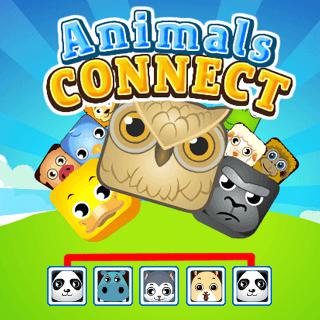
Candy Bubble

Barbiecore

Fury Road Zombie Crash

Blocks

Zombie Killer Draw Puzzle

Squid Jigsaw


Smileyworld Bubble Shooter

Gemfit Frenzy

Solitaire Tail

Animals Connect

Christmas 2021 Puzzle

Captain Sniper
We are glad to welcome you to the bright world of a humorous dress-up game where fashion collides with the comic book universe! Get ready for a creative reinterpretation of your favorite comic book anti-hero costumes: bold color combinations, unexpected prints and fun accessories are available to you. There is everything here: from funny hats that emphasize individuality to stylish superhero jumpsuits. Unleash your imagination!
Let's mentally jump into the comic book universe to create a vibrant and unusual female version of our favorite anti-hero. Successful images can be saved as PNG images. Depending on the gaming device, a computer mouse click or a simple touch on touch screens is used to control it.

So many more games you can play!
More games
Game theory is the study of how and why individuals and entities (called players) make decisions about their situations. It is a theoretical framework for conceiving social scenarios among competing players. In some respects, game theory is the science of strategy, or at least of the optimal decision-making of independent and competing actors in a strategic setting. Game theory is used in a variety of fields to lay out various situations and predict their most likely outcomes. Businesses may use it, for example, to set prices, decide whether to acquire another firm, and determine how to handle a lawsuit. Discover all games!
The goal of game theory is to explain the strategic actions of two or more players in a given situation with set rules and outcomes. Any time a situation with two or more players involves known payouts or quantifiable consequences, we can use game theory to help determine the most likely outcomes. The focus of game theory is the game, which is an interactive situation that involves rational players. The key to game theory is that one player's payoff is contingent on the strategy implemented by the other player. The game identifies the players' identities, preferences, available strategies, and how these strategies affect the outcome. Depending on the model, various other requirements or assumptions may be necessary. Game theory has a wide range of applications, including psychology, evolutionary biology, war, politics, economics, and business. Despite its many advances, game theory is still a young and developing science.
Here are a few terms commonly used in the study of game theory: Game: Any set of circumstances that has a result dependent on the actions of two or more decision-makers (players). Players: A strategic decision-maker within the context of the game. Strategy: A complete plan of action a player will take given the set of circumstances that might arise within the game. Payoff: The payout a player receives from arriving at a particular outcome. The payout can be in any quantifiable form, from dollars to utility. Information set: The information available at a given point in the game. The term "information set" is most usually applied when the game has a sequential component. Equilibrium: The point in a game where both players have made their decisions and an outcome is reached.
Nash equilibrium is an outcome reached that, once achieved, means no player can increase payoff by changing decisions unilaterally. 3 It can also be thought of as a "no regrets" outcome in the sense that once a decision is made, the player will have no regrets about it, considering the consequences. The Nash equilibrium is reached over time, normally. However, once the Nash equilibrium is reached, it will not be deviated from. In such a case, consider how a unilateral move would affect the situation. Does it make any sense? It shouldn't, and that's why the Nash equilibrium outcome is described as "no regrets." 4 Generally, there can be more than one equilibrium in a game. However, this usually occurs in games with more complex elements than two choices by two players. In simultaneous games that are repeated over time, one of these multiple equilibria is reached after some trial and error. This scenario of different choices over time before reaching equilibrium is most often played out in the business world when two firms are determining prices for highly interchangeable products, such as airfare or soft drinks.
